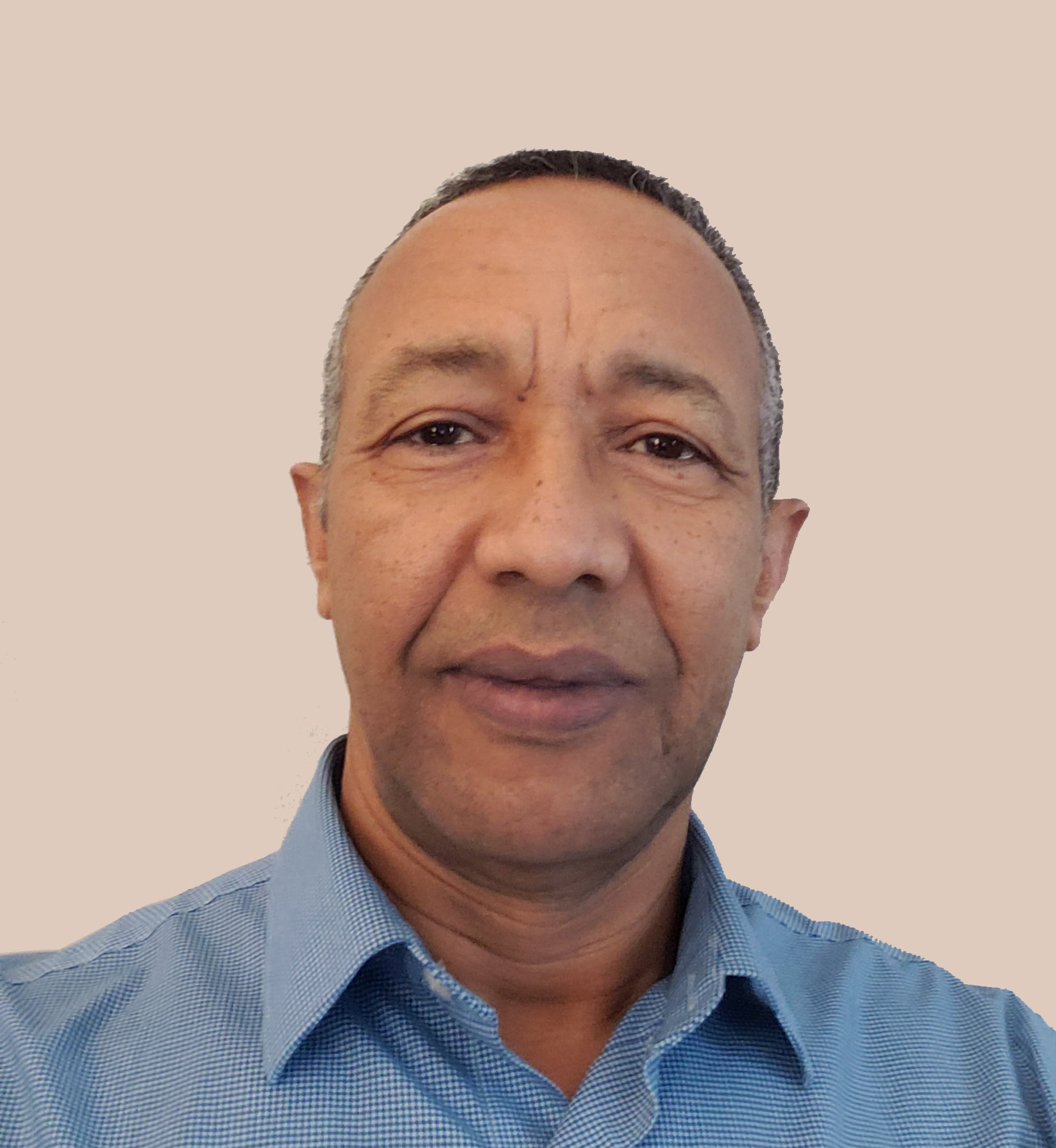Leading paleoanthropologist to helm Institute of Human Origins

Paleoanthropologist Yohannes Haile-Selassie in the field. Photo courtesy of the CMNH/Woranso Mille Project
One of the world’s foremost experts in paleoanthropology, Yohannes Haile-Selassie, known for major fossil discoveries in the African Rift Valley and extensive scholarship in human origins science, will lead the Institute of Human Origins (IHO) as its new director as of July 1— only the third since its founding in 1981.
“We are excited to bring Yohannes Haile-Selassie to ASU to lead one of the best programs in the world in human origins research,” said Patrick Kenney, dean of The College of Liberal Arts and Sciences at Arizona State University. “He rose to the top of a highly competitive national and international search for this position. The Institute of Human Origins has been under highly capable and very talented leadership for several decades. We are confident Director Haile-Selassie will move IHO to even more success in the coming years.”
Haile-Selassie has been the curator of physical anthropology at the Cleveland Museum of Natural History since 2002, with academic appointments at Case Western Reserve University (U.S.), Addis Ababa University (Ethiopia) and Mekelle University (Ethiopia).
“It is an honor for me to lead one of the preeminent institutions in human origins research,” said Haile-Selassie. “Coming to IHO will provide me with the opportunity to closely work with some of the best researchers in my field and at the same time train students. I am looking forward to joining the research group at IHO and the faculty at the School of Human Evolution and Social Change.”
In his new role as director of IHO, Haile-Selassie will continue to direct the Woranso-Mille Paleontological Project in Ethiopia’s Afar region, a multidisciplinary project involving researchers from around the world, creating new opportunities for student research and connections to scholars in Africa. His team has made several major fossil discoveries in the Afar region of his native Ethiopia. Among the most notable are a partial skeleton of Australopithecus afarensis (nicknamed “Kadanuumuu,” a contemporary of the famous “Lucy” skeleton, discovered by IHO Founding Director Donald Johanson), a partial hominin foot with an opposable big toe and a new hominin species Australopithecus deyiremeda.

Yohannes Haile-Selassie
“Yohannes and his team have made vital fossil finds in Ethiopia that have significantly enlarged our understanding of early hominin evolution. I am looking forward to working with him as the next phase of IHO unfolds,” said Johanson.
Founded in 1981 by Johanson and a committed board of directors in Berkeley, California, as an independent transdisciplinary research institute, the Institute of Human Origins joined ASU in 1997 as a research center within The College of Liberal Arts and Sciences, with its scientists joining the faculty of the then Department of Anthropology, now the School of Human Evolution and Social Change.
Haile-Selassie will succeed William Kimbel, who has been director since 2008. Kimbel, the Virginia M. Ullman Professor of Natural History and the Environment, will continue to be a member of the IHO research group, a faculty member in the School of Human Evolution and Social Change and a member of the IHO Executive Board.
Under Kimbel’s leadership, IHO’s annual research and operations budget tripled to $3 million and its scientific faculty have grown from five to today’s 19 scientists who conduct research across the spectrum of questions about “how we became human” — expanding its core paleoanthropology agenda to include primatology, cultural evolution and genetics.
“IHO is a mature, transdisciplinary research organization that has thrived under President Crow’s leadership of ASU, and it is ready for new ideas and directions as it heads into the future,” said Kimbel. “I am excited to welcome Yohannes to our group, and I look forward to working with him on the IHO leadership transition.”
Joining Haile-Selassie in IHO will be paleoecologist Denise Su, who has conducted paleoenvironmental research at early hominin sites in Tanzania and Ethiopia and recovered important primate fossils in China. In addition to her research, Su has led partnerships and programs at the Cleveland Museum of Natural History for the past several years. She will also join the faculty of the School of Human Evolution and Social Change.
More Science and technology

Will this antibiotic work? ASU scientists develop rapid bacterial tests
Bacteria multiply at an astonishing rate, sometimes doubling in number in under four minutes. Imagine a doctor faced with a…

ASU researcher part of team discovering ways to fight drug-resistant bacteria
A new study published in the Science Advances journal featuring Arizona State University researchers has found…

ASU student researchers get early, hands-on experience in engineering research
Using computer science to aid endangered species reintroduction, enhance software engineering education and improve semiconductor…